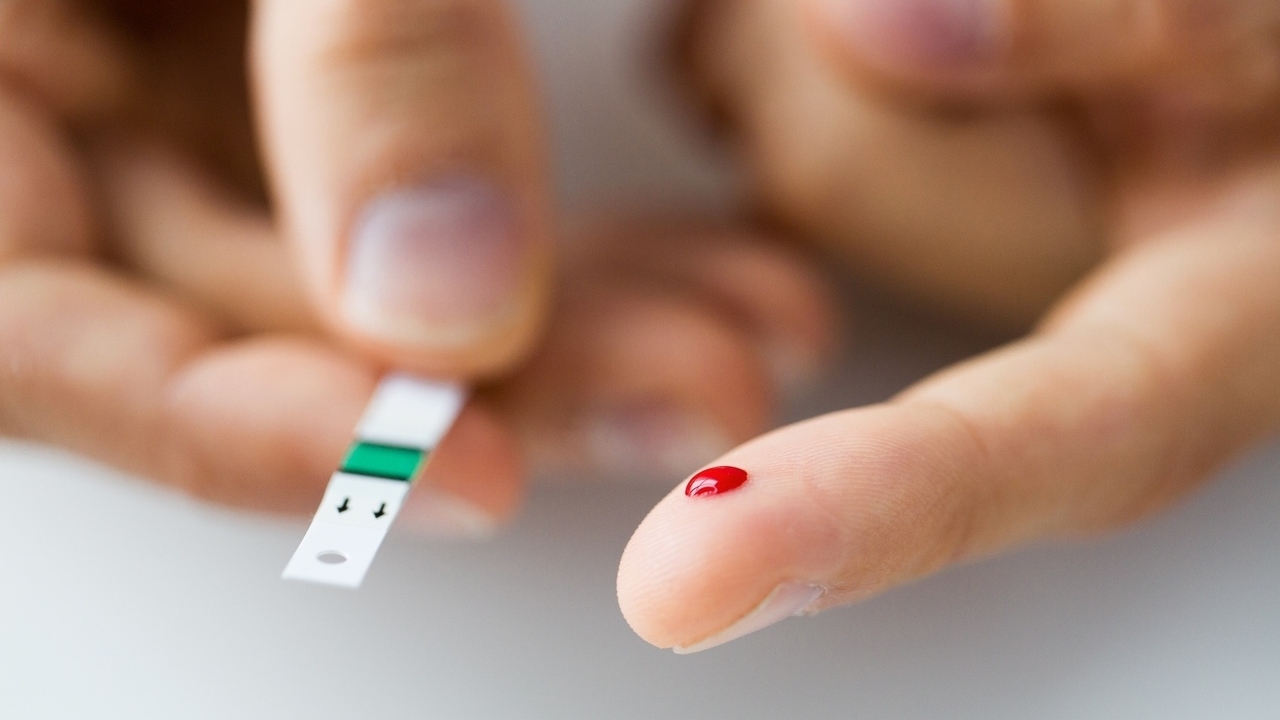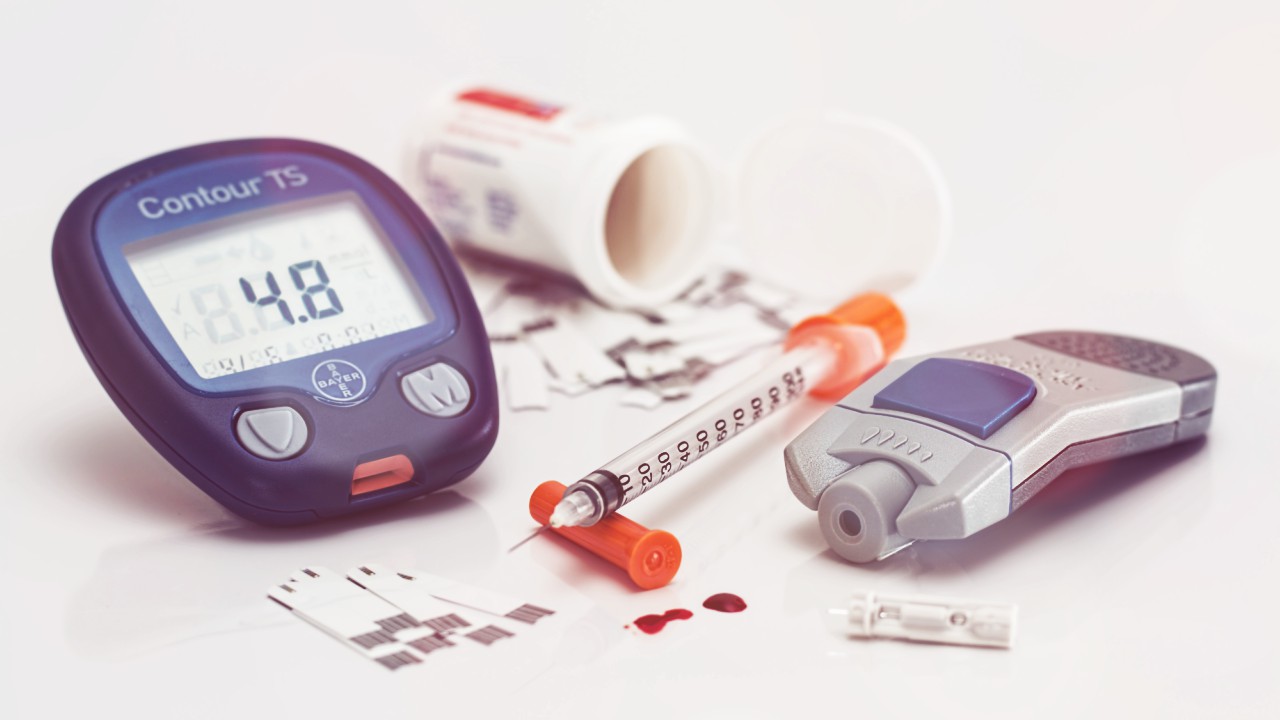It’s really true what they say, an ounce of prevention is worth a pound of cure. This is certainly true in the case of foot care for diabetics. Foot care for diabetics is very important.
High blood sugars may cause eventual problems with blood circulation and nerve damage (neuropathy). Both of these conditions cause loss of sensation in the lower extremities. As a result, individuals may have injured themselves and not know it until too late.
If an individual has diabetes, simple injuries to the foot can lead to more serious situations. It can be as simple as a blister or a cut which can lead to an ulcer or something life threatening, such as, gangrene. If the skin and underlying tissues are damaged enough, the only option is amputation. However, there are steps for prevention. Below are some suggestions for preventive foot care:
1. Examine the feet everyday for any changes – cuts, sores, or blisters. If you need assistance to check them thoroughly, use a mirror or ask for help from family or friends.
2. After you wash your feet, put lotion on them, but not between your toes.
3. After showering, use a pumice stone while feet are still moist.
4. Cut toenails as needed. The best time is after bathing – when nails are soft. Cut and file nails as they naturally grow.
5. Always wear shoes and always wear shoes with socks and/or stockings. Sandals are not a good option as rocks and debris may cut the feet.
6. When you shop for shoes, the best time is later on in the day, when the feet are bigger.
7. Tell your doctor of any foot complications (skin darkening or loss of hair on the legs or feet). The rule of thumb is to get your feet examined every year.
8. Ask your doctor for recommendations for the best lotions, sensation tests for the feet that you can do yourself, the best foot care tips, and if needed, a referral to a podiatrist for pedicure assistance. If your feet shape has changed, ask your doctor about therapeutic shoes.
9. Drink lots of water to keep the body hydrated.
Resources: National Institute of Health (NIH), American Orthopedic Foot and Ankle Society, American Diabetes Association (ADA) and Mayo Clinic
If you are so compelled, please read the following. It is a poet’s account of what may happen between ex-lovers. Now you know I mean drama.
http://www.associatedcontent.com/article/2265805/wrong_number.html?cat=42





Add a Comment1 Comments
I hope this article will help someone out there.
October 14, 2009 - 2:05pmThis Comment